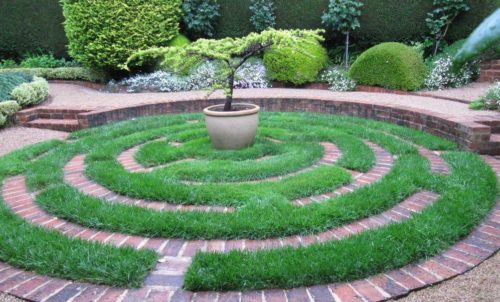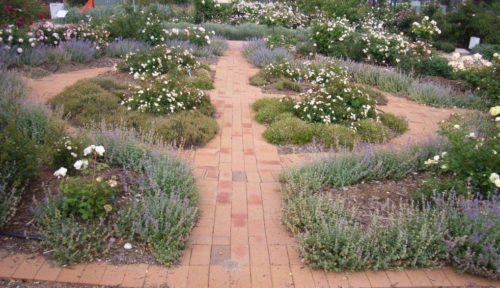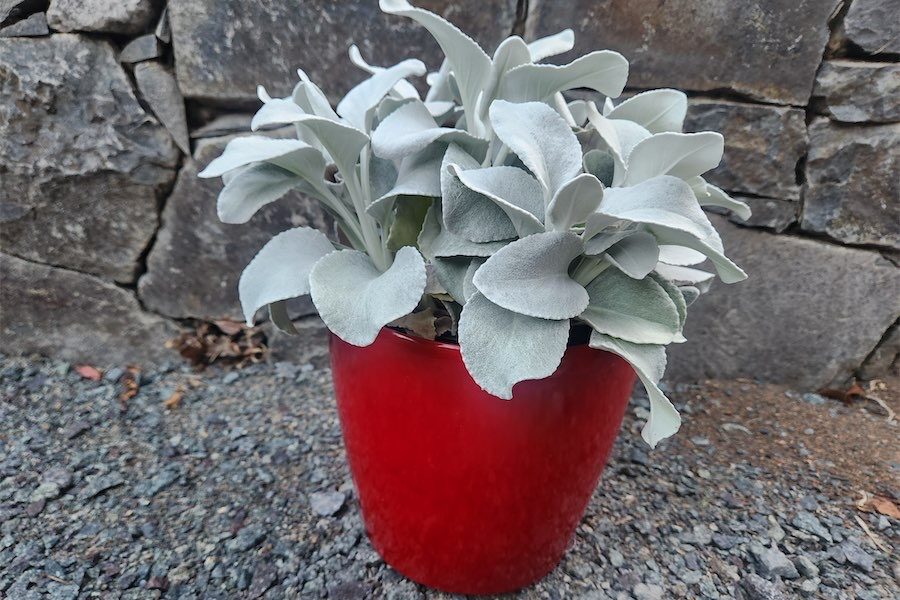
CIRCLES have played a part in history since the Druids and Stonehenge, often associated with religious ceremonies.
They’ve been seen in garden design since the monastic gardens of the 12th and 13th centuries. More often than not, these were used for growing herbs, often based on a wagon-wheel design with the divisions using bricks or pavers to represent the spokes of the wheel.

From these basic circles the labyrinth came into being, such as in the Chartres Cathedral in France where its labyrinth became a destination for pilgrims. Some of the earliest evidence of labyrinths were stamped on coins excavated at Knossos in Greece dating from 400BC.
The labyrinth became an ancient symbol relating to wholeness, combining circles and spirals into a meaningful path. Following the path, walking slowly and quietly, it represents the journey to our own centre and on return back out to the real world.
In a labyrinth the plantings are always low, not to be confused with a maze with high hedges. The paths can be paved or gravel. When I laid out a labyrinth in the gardens at the Gathering Place in Dickson, I used compacted decomposed granite, which is the cheapest option. I placed a large square rock in the centre to sit for a few moments of contemplation before the return journey.

Mondo grass, a low plant that requires virtually no maintenance, or dwarf box work well for a formal labyrinth. Mondo is good if using a paved path with reflected heat in summer, as it’s extremely drought and heat resistant. For fragrance, try dwarf lavender although it does need to be cut back after flowering and will need to be replanted every few years. Dwarf nandina domestica nana is used in the Gathering Place garden. ‘Nana’ in the name of any plant indicates a dwarf variety. Two other suggestions include Correa “Dusky Bells” or Escallonia “Pink Pixie”.
If using miniature or dwarf roses, keep in mind the beds need to be sufficiently wide. A circular garden could be used for veggies as well.
The LIBERALS have proposed that if elected they will plant one million trees over 10 years. Even if the target falls short, we desperately need more tree cover and green spaces. In the UK, the banks are joining with the government to plant trees. The Woodland Trust has created the “MOREwoods” scheme for those who have space to plant a minimum of 500 trees. The Trust will help design and supply a mix of trees and tree protection, and cover 75 per cent of the cost. This is funded by the Department of the Environment, Lloyds Bank and the Bank of Scotland. A scheme like this would be perfect for smallholdings in the ACT.
Who can be trusted?
In a world of spin and confusion, there’s never been a more important time to support independent journalism in Canberra.
If you trust our work online and want to enforce the power of independent voices, I invite you to make a small contribution.
Every dollar of support is invested back into our journalism to help keep citynews.com.au strong and free.
Thank you,
Ian Meikle, editor




Leave a Reply